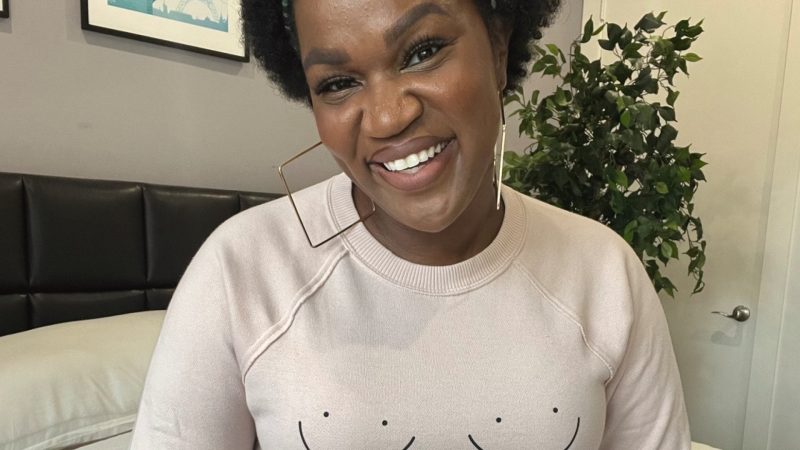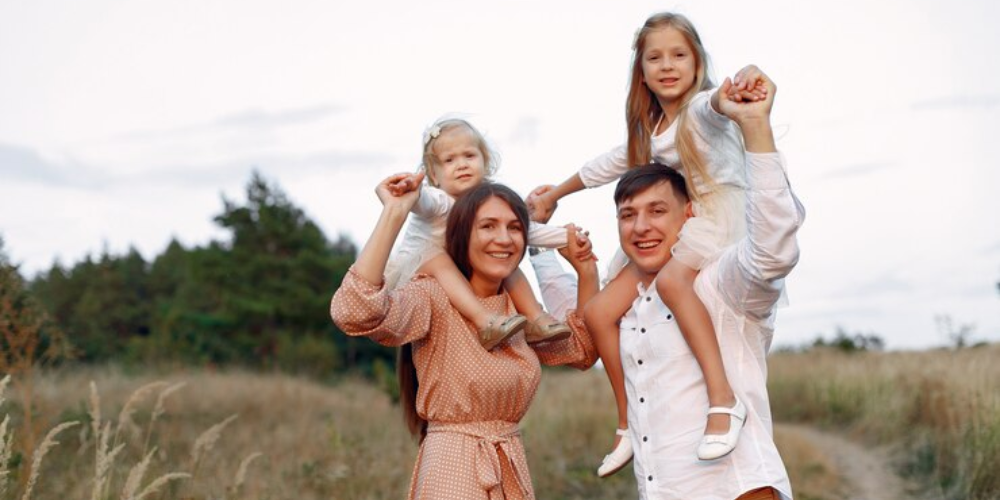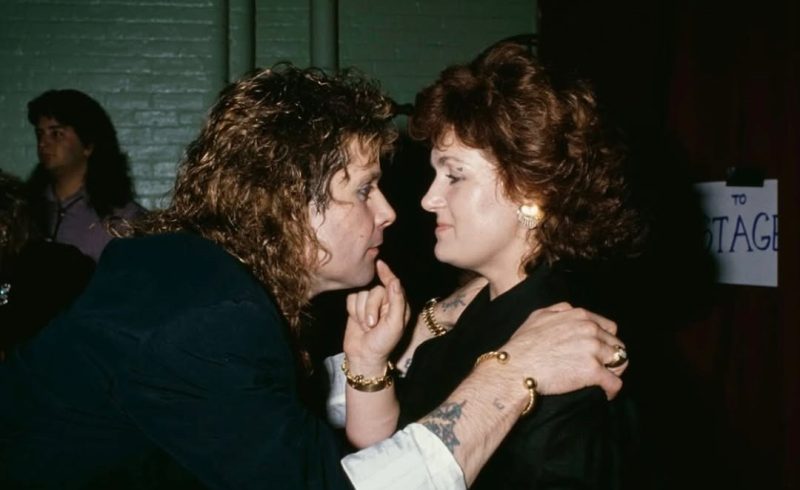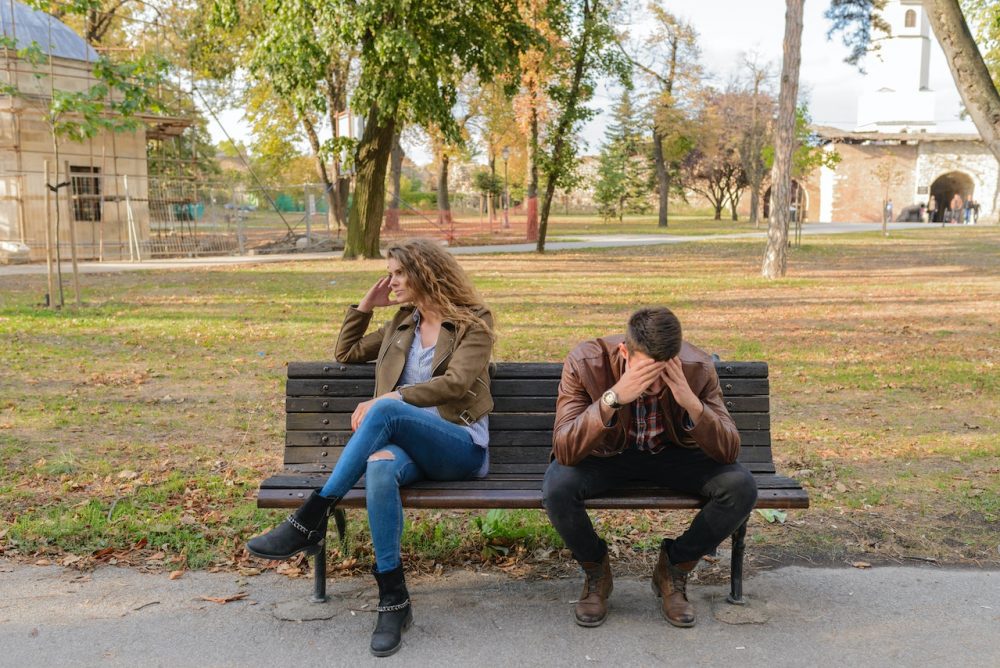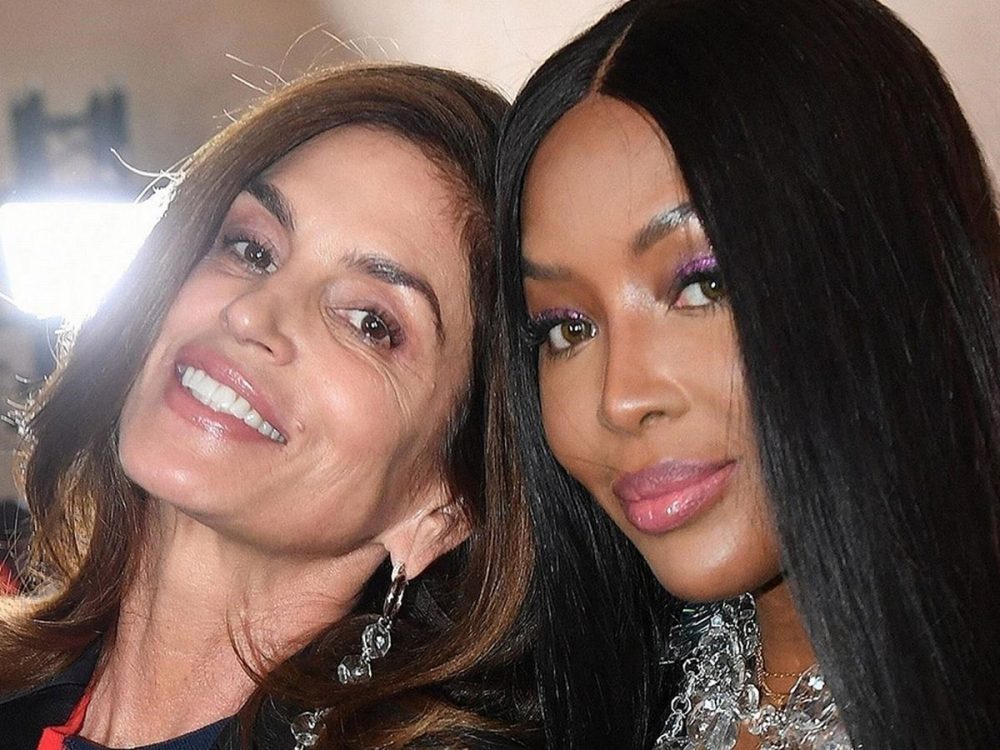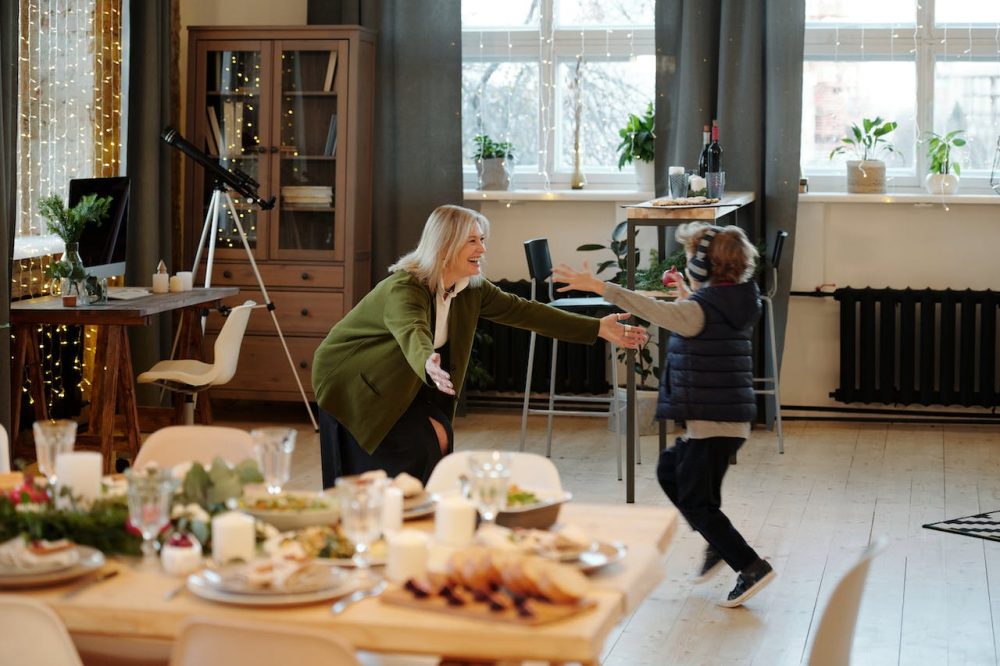Some family secrets don’t protect you. They blind you. That was the case for Brooklyn Olumba, whose family believed they had no history of breast cancer. Everything changed when her aunt was diagnosed late and passed away just three months later. It was a painful shock, but also a turning point.
This tragic loss forced the family to ask hard questions. And those questions led to answers that saved Brooklyn’s life. Her story is a powerful reminder that sometimes the worst news opens the door to the truth. And the truth can be what saves you.
A Quiet Killer, Hidden in the Genes
Brooklyn’s aunt kept her cancer battle quiet. By the time she shared it with the family, it was already too late. She died within months. No one had suspected breast cancer ran in their bloodline. It seemed like a cruel fluke until the facts started coming together.
Brooklyn’s twin sister, Bethany, decided to get genetic testing at 22. She tested positive for the BRCA2 mutation, which means a much higher risk of breast and ovarian cancer. A few years later, Brooklyn followed suit. Same result. The same hidden threat. This was a health risk no one saw coming. But now they couldn’t ignore it.
Knowledge That Changed Everything
Brooklyn now knew her body carried a loaded gun. She also had dense breast tissue, making it harder to spot tumors with regular mammograms. Her doctors at Penn Medicine’s Basser Center jumped into action. She began annual MRI scans, which could catch cancer earlier than standard tests.
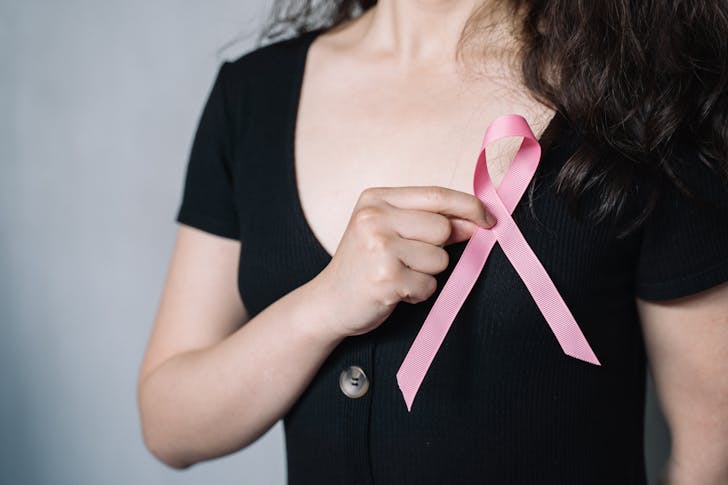
Ann / Pexels / In March 2020, at just 28, Brooklyn’s routine MRI spotted Stage 1 breast cancer. After surgery, it was also found in her lymph node.
Her treatment was intense: double mastectomy, chemo, radiation. But because she caught it early, her odds were stronger. Her life had been saved, not just by medicine, but by information.
Support She Didn’t Know She Needed
Brooklyn did something her aunt never had the chance to do. She opened up. She shared her diagnosis with her family, and the support poured in. No silence. No secrets. This time, the family faced it together.
That difference between isolation and community meant everything. Brooklyn didn’t have to carry it alone. Her honesty created a space for healing. It also started important conversations that her family had avoided for generations.
Today, she emphasizes the importance of understanding your family’s health history. About getting tested, even if you are young. About breaking the silence in communities where illness is still taboo.
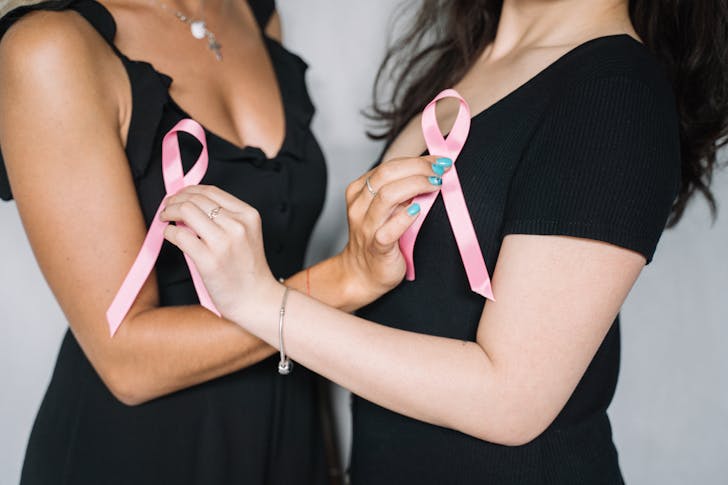
Ann / Pexels / After recovery, Brooklyn went public. She now uses social media to share her story and help others, especially young women and women of color, take control of their health. She fills a gap she once felt herself in.
Her message is clear: your future depends on what you know, and what you do with that knowledge.
Why Brooklyn’s Story Matters for Everyone
Brooklyn’s journey illustrates how silent risks can be inherited in our genes. BRCA mutations don’t just sit there. They can strike young and hard. Knowing if you have one changes your options, your screenings, and your plan.
BRCA1 and BRCA2 are supposed to stop tumors. When they are mutated, they can’t do their job. That is why women with these mutations face a breast cancer risk as high as 75%. And this can be passed down by either parent. That is what makes family history so important.

